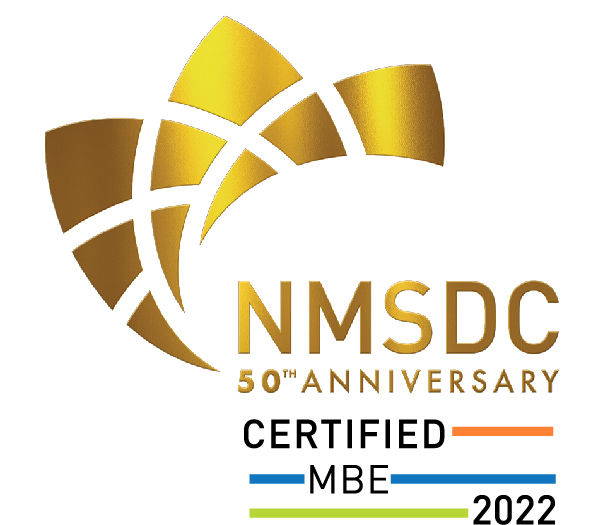By: Doug Austin
January 2023
Here are the 5 legal tech predictions for 2023 (sure to go wrong) that I expect to be on the radars of eDiscovery and legal professionals:
Legal Tech Funding Will Remain Uncertain
The incredible run for legal tech funding slowed down considerably in 2022, based on an article I covered here, as well as my coverage of Rob Robinson’s eDiscovery Mergers, Acquisitions, and Investments in Q3 2022 on his excellent ComplexDiscovery site. Rob’s running total of events showed a dramatic decrease in M&A+I events in 2022 – only 20 events reported to date from 2021’s record pace of 54 events – a 63% drop! As long as the economy remains unstable, so will legal tech and eDiscovery investment.
Sadly, that could also mean continued layoffs in our industry for companies looking to make their numbers for investors (if you’re in “that boat” like I was back in 2020, here are two posts with considerations on how to cope).
Blockchain Evidence Will Be the Next Big Challenge for eDiscovery Professionals
As I discussed here (referencing a Legaltech® News article where I was among those interviewed), the FTX cryptocurrency bankruptcy and subsequent litigation is forcing discovery of blockchain data to the forefront. Given the fact that at least five other cryptocurrency exchanges failed in 2022, expect a lot more litigation, which means more discovery. Let’s see lawyers try to push those blockchain transactions into the “document paradigm” that they tend to force everything else into! 😉
The Move to the Left in eDiscovery May Force Hosting Billing Models to Change
I’m hearing more legal and eDiscovery professionals than ever talk about the importance of information governance, early data assessment (EDA) and targeted collections in discovery. It’s not just the providers of IG and EDA solutions who are saying that anymore – it’s more of the “rank and file” eDiscovery professionals who are saying it too. What happens when eDiscovery professionals are no longer routinely collecting the entire data corpus of custodians to sort out downstream? The growth of data for eDiscovery hosting providers to host slows dramatically – which jeopardizes growth in hosting revenue that is based on gigabytes (GBs) online. The smart providers will figure out an alternative billing model to sustain their growth.
Expectations vs. Results for AI Will Continue to Fail to Line Up
This story that I covered yesterday from Ralph Losey illustrates latest example of the potential pitfalls of AI and it seems to me that people with AI tend to fall into two camps: 1) AI promoters who expect too much out of the technology, and 2) AI doubters who don’t trust the technology and don’t want to use it. It’s no wonder that most AI technologies in the latest Gartner Hype Cycle for Legal and Compliance Technologies are either headed toward the Peak of Inflated Expectations or down the Trough of Disillusionment.
Not to mention the ethical considerations of the use of AI and machine learning technologies in both civil and criminal scenarios. Congress is introducing potential legislation on the criminal side and even SCOTUS is getting into the act regarding social media algorithms. The AI ethical considerations remind me of the Ian Malcolm line from Jurassic Park “your scientists were so preoccupied with whether or not they could that they didn’t stop to think if they should”, and they will only continue – in and out of the legal realm. We’ll be discussing the Ethics and Explainability of AI Algorithms in Legal Use Cases in this EDRM webinar next week!
There are plenty of terrific AI use cases in legal already and there is so much potential for AI and machine learning technologies to do a lot more – yet, so much more to learn about how to apply the technologies effectively and responsibly.
Access to Justice Will Continue to Be Budget Based
The last of my 5 legal tech predictions for 2023 is a perennial issue, so perhaps I should add this choice to next year’s State of the Industry report of eDiscovery challenges not being talked about enough? There are still so many smaller firms and organizations that are not taking advantage of eDiscovery and other technology solutions. Is the reason because the technology is priced out of their reach or is it because they lack the technology competence to understand the value proposition the technology can provide? Probably a bit of both.
While the promotion of capabilities from many eDiscovery providers tends to be on the use cases that are being driven by larger organizations with advanced needs, there are actually plenty of solutions that are viable for the smaller cases and some best practices for smaller cases (as discussed by the Primer on Managing Electronic Discovery in Small Cases that was released for public comment by The Sedona Conference® last month).
Addressing this problem will take a combination of educating the smaller firms and organizations on the benefits of technology (which needs to start at the law school level) and the ability for eDiscovery providers – those interested in the small firm market, anyway – to effectively illustrate the ROI for these solutions. Until that happens, access to justice (or at least the technology that puts them on the same footing as the bigger organizations) will remain elusive to organizations with small technology budgets.









Thanks!